Chavez Suspends Electricity Rationing in Venezuelan Capital after One Day
Drought-induced low water levels in Venezuela’s main reservoir prompted the government to cut energy delivery to the entire country.
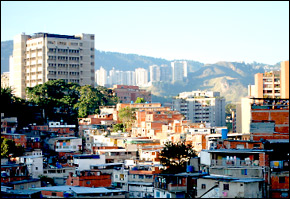 Electricity rationing in Venezuela’s capital of Caracas was halted after one day by President Hugo Chavez, but cuts will continue in the rest of the country, Reuters reports.
Electricity rationing in Venezuela’s capital of Caracas was halted after one day by President Hugo Chavez, but cuts will continue in the rest of the country, Reuters reports.
“Twenty-four hours after having activated the electricity rationing plan, we have detected undesired effects in Caracas,” Chavez said during a telephone interview on state-run television, the Wall Street Journal reports.
Blackouts were supposed to occur in four-hour intervals, every other day and in different zones of the city, but some areas were without power for multiple intervals. Power to traffic signals was also cut, causing backups and delays, the Wall Street Journal reports.
Poor implementation of the energy cuts caused Chavez to fire the Electricity Minister Angel Rodriguez, who took over the new government position just two months ago, according to the Wall Street Journal.
The nation-wide cuts are supposed to last for five months as water levels at the Guri hydroelectric plant – which provides 73 percent of Venezuela’s power – have fallen dangerously low due to a harsh El Nino-influenced drought. Rationing will last until May when seasonal rains should return.
The electricity cuts come after Chavez announced water rationing measures in October 2009. The Venezuelan leader aimed to reduce water consumption by a quarter, urging citizens to take shorter showers.
Chavez is taking action through stopgap measures by bringing smaller power projects online, according to the San Francisco Chronicle. Repairs are being done to two 700-megawatt thermal plants, with a dozen 12-megawatt plants slated to be ready later this month.
But those projects are no substitute for the 5,000-megawatt Guri dam – the world’s third largest facility in power output. If water levels there keep falling at the current rate, the dam would be at a critical level in four months.
“We’d be in a situation where we’d have to halt the country, the entire economy,” said oil economics professor Victor Poleo, the San Francisco Chronicle reports.
Source: Reuters, Wall Street Journal, San Francisco Chronicle
Brett writes about agriculture, energy, infrastructure, and the politics and economics of water in the United States. He also writes the Federal Water Tap, Circle of Blue’s weekly digest of U.S. government water news. He is the winner of two Society of Environmental Journalists reporting awards, one of the top honors in American environmental journalism: first place for explanatory reporting for a series on septic system pollution in the United States(2016) and third place for beat reporting in a small market (2014). He received the Sierra Club’s Distinguished Service Award in 2018. Brett lives in Seattle, where he hikes the mountains and bakes pies. Contact Brett Walton





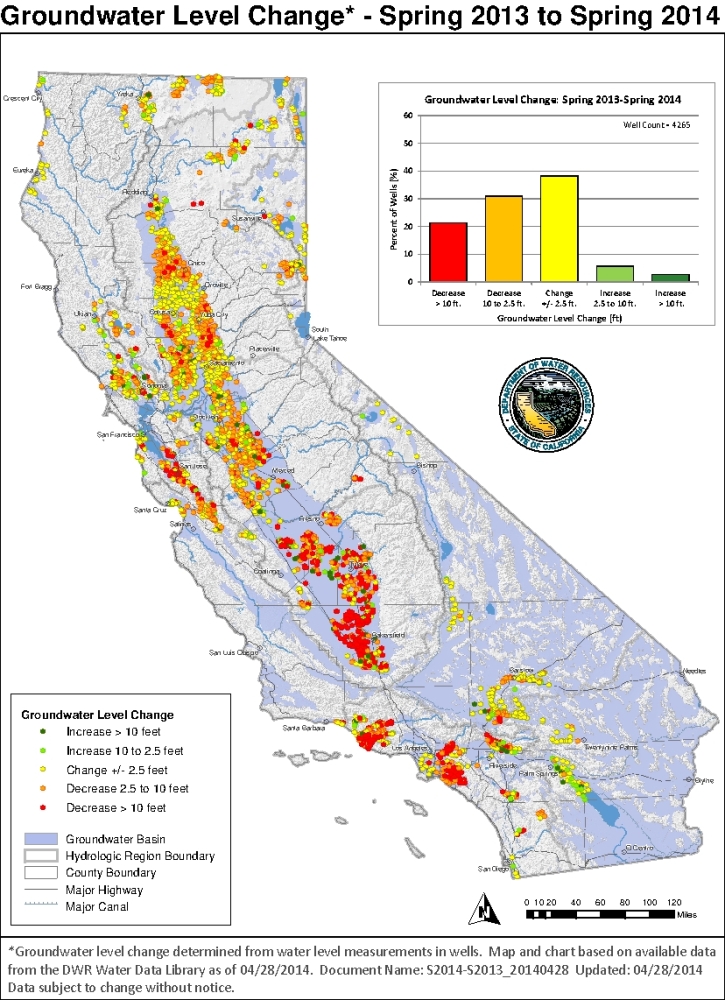
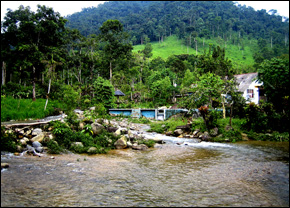

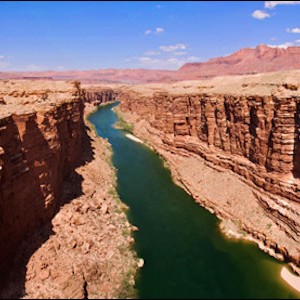
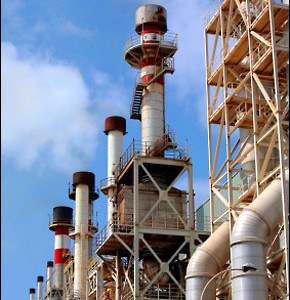
Dictators seem congenitally unable to do basic math. If your electricty consumption grows every year and you’re not adding capacity there WILL be a shortfall.
California might take note…